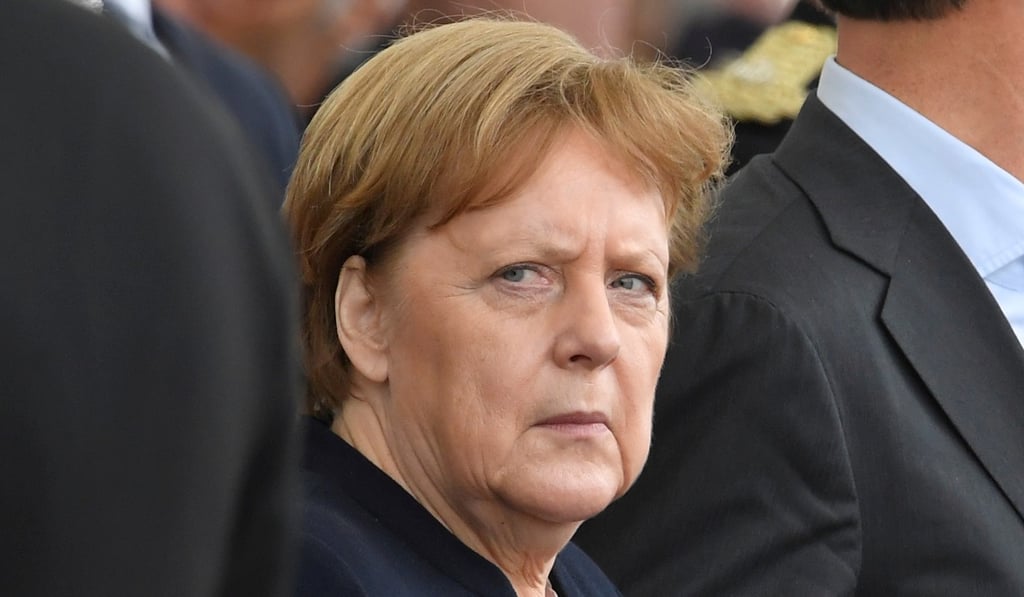Vigilant of the past, Germany wades warily into the South China Sea
- Berlin split over plan to join EU allies in US-style ‘freedom of navigation’ exercises
- Chancellor Angela Merkel faces opposition from public over international action

When German Defence Minister Ursula von der Leyen visited Beijing in October, she was careful to avoid mentioning the South China Sea directly.
The waters are a concern for Western governments wary of rapid Chinese militarisation, but they did not surface in von der Leyen’s speech to the PLA National Defence University, which is run by the People’s Liberation Army.
“Shipping lanes,” she said, without elaborating, “should remain free and not become the object of power projections.”
In the months since her speech, German government officials have found themselves at odds over a plan to send ships to join US-led “freedom of navigation” operations in the South China Sea.

“Officials within the federal foreign ministry are split,” a source in Berlin said, reflecting not only on Germany’s place as a leading economic power within Europe and guiding light for the EU, but also as a nation whose foreign and defence policies have been coloured by two world wars and 45 years of physical and political division since 1945.